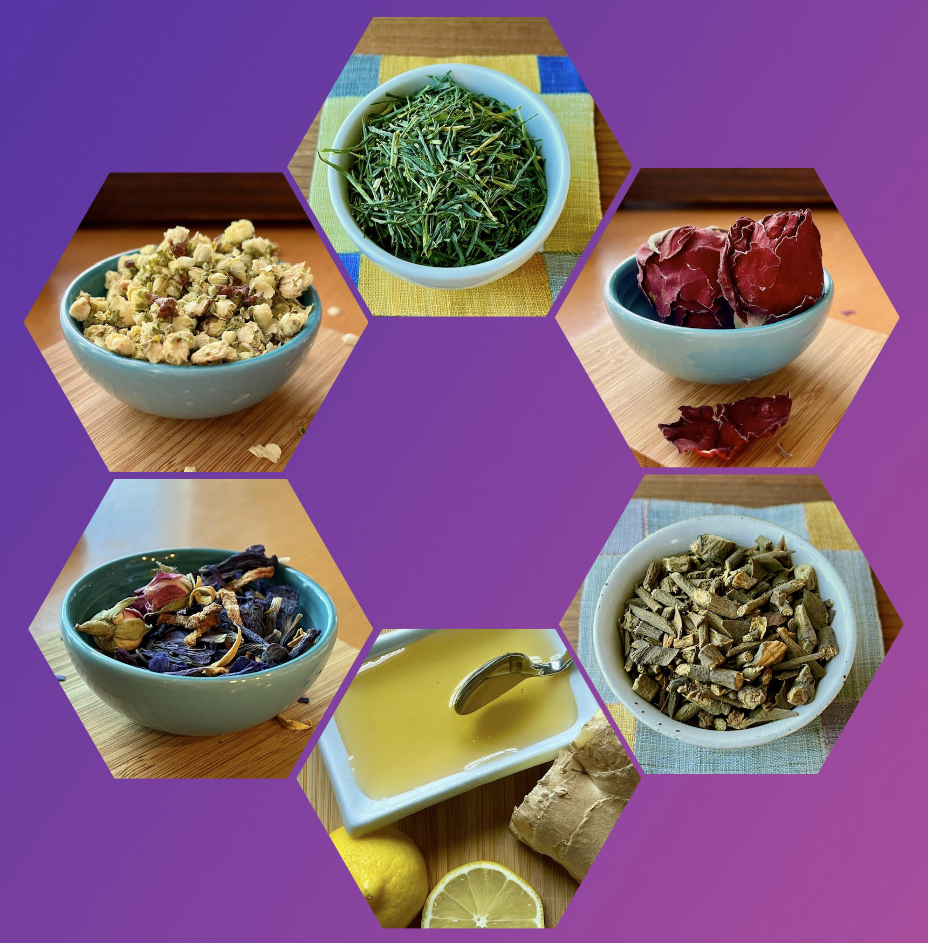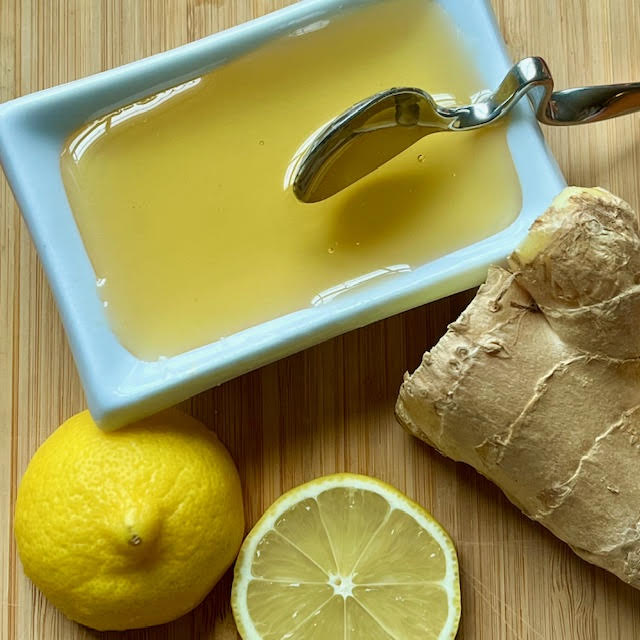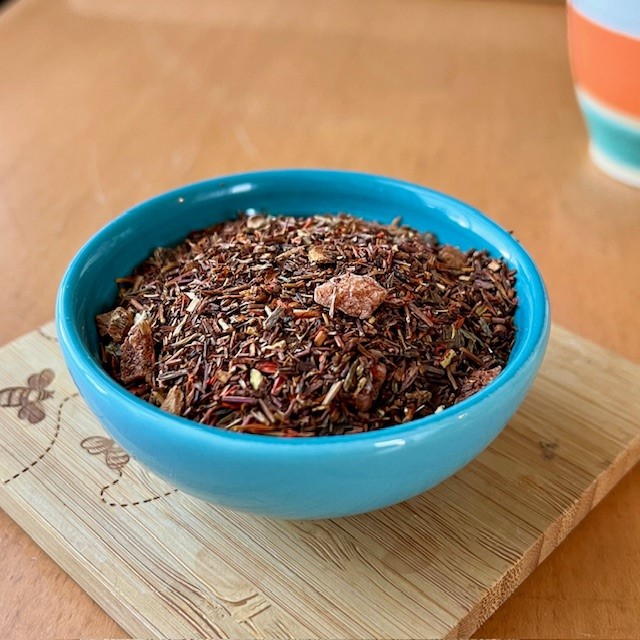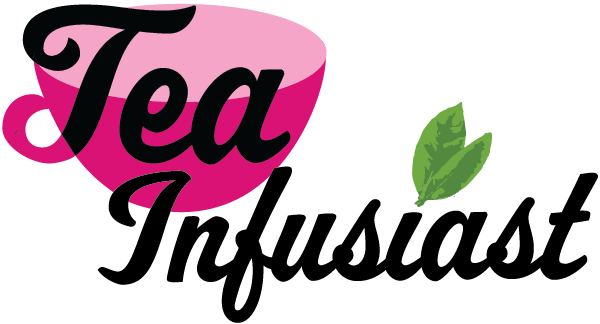This post shares herbal tea recommendations based on flavor profiles that I love.
I’ve always been primarily a non-herbal tea drinker. It took me years to find herbal teas that I really enjoy. In this post, I’m happy to highlight seven that I love.

Before I jump into newer finds and some herbal tea favorites that I still love, I’ll mention that sometimes people (including me) use the word “tisane” for “herbal tea.” These words mean the same thing.
The defining feature of herbal tea is that is it is a plant-based infusion that is not from the Camellia sinensis plant–the plant from which regular tea is made. Generally speaking, tisanes don’t have caffeine. (But, there are exceptions!) None of the herbal teas in this post contain caffeine to the best of my knowledge.
I share seven herbal tea recommendations in this post:
- Lemon Ginger Honey
- Korean Mistletoe
- Barley Sprout
- Crimson Rose
- Plum Blossom
- Iranian herbal tea
- Carrot Cake blend
My Longest Loved Herbal Tea
My first herbal tea recommendation is the one that I have loved for the longest. It is a homemade lemon ginger honey decoction. I recommend this herbal tea during cool or cold weather. I also crave it when I have a cold or feel run down. My daughter loves it, too.

Here’s how I make it.
- Simmer freshly sliced ginger root in water for about five minutes.
- Remove from heat and let it steep, covered, about five more minutes.
- After that, stir in honey and freshly squeezed lemon juice.
- Pour into a mug and slip in a fresh lemon slice.
My mom used to make me lemon honey herbal tea when I was growing up. I usually add ginger these days. Even though I have moved away, every year she gives me delicious honey from that she buys from a beekeeper that she knows. So, I always think of her as I stir in the honey.
More Tisanes That I Love
My love for warm and delicious beverages has long been greater than my ability to drink caffeine. So, I started intentionally looking for more herbal teas that I loved a few years ago. (Check out my post, Tisane Recommendations to Match Your Tea Mood.) But, I never thought I would enjoy them enough to share another post with herbal tea recommendations. I am so glad to be wrong about that!
I was delighted to find two Korean herbal teas to recommend.
Korean Mistletoe looks like sticks because, well it is. It tastes sweet, with notes of raisin, dates, and sweet potato. It has a woodsy flavor, too. Sometimes, the aroma reminds me of graham crackers. Some people also find this herbal tea malty. I enjoy it hot or iced. (Note: some varieties of mistletoe are not safe to drink. Make sure to buy from a reputable seller.)


Korean Barley Sprout leaves are green, thin and pointy. They resemble green tea. Barley sprout’s flavor profile also reminds me of some Japanese green teas, with a flavor that is umami and savory, tasting of garden greens and toasted nori. It also has a mild nutty flavor. This is my go-to herbal tea when I am craving green tea but don’t want caffeine.
These two teas are definitely on my list of herbal tea recommendations! I have only ever bought them from Soocha Tea. So, I can recommend that shop with great confidence. (Full disclosure: I have collaborated with Soocha Tea; however, I paid full price for these herbal teas. This post is not sponsored.)
Recently Discovered Herbal Tea Recommendations
Although I have long enjoyed rose tisanes (and rose and cardamom tisanes), my generous friend Taniya from Yoga, Tea, Poetry introduced me to a particular rose tisane that has become a new(er) favorite.
I love the Organic Crimson Rose from Cultivate Tea. It has a particularly lovely flavor, the rose buds are big enough that even one is very flavorful for many steeps in a typical gaiwan (and works great for bowl tea). The color is also gorgeous. (The rosebud and the infusion turn a delightful pink while steeping.) This one is also great hot or chilled.


When reordering Crimson Rose a few months ago, Cultivate Tea’s Plum Blossom tisane caught my eye. I’m so glad it did! I know blossom tea may seem like a spring affair, but according to Cultivate Tea’s website, “[p]lum trees bloom in the depth of winter.” If you love marzipan (and I do!), you will love this tisane for its aromatics and flavor.
Side benefit: The recommended steeping time for Plum Blossom is relatively short for an herbal tea (30 seconds – 2 minutes), so if you love gongfu tea, this recommendation is great to make in a gaiwan. You can find Plum Blossom herbal tea here.
Does it sound fun to customize your own herbal blends? Try the beautiful and delightful Iranian herbs carried by Chai Affairs. Using a base recipe that Mona, the owner, helpfully included, I enjoyed experimenting. I found a variation that’s perfect for me. I use her borage petals, dried quince, rose buds, and just a touch of orange blossom & peels.

Unlikeliest Herbal Blend I Love
I know many people love dessert-themed blends of herbal teas, but I have never been a fan of any…until now!
A few months ago, my daughter and I visited Clipper Ship Tea Company on Long Island (New York). It’s about a 30-minute drive from my house with good traffic. It has taken us a while to visit, however, because we tend to be in that area in the evening, when the shop is closed.
I wanted to support this local tea store, so in addition to my daughter’s choices, I added Carrot Cake, an herbal blend, to our purchases. The ingredients all looked good. Also, I was intrigued. I do, after all, love actual carrot cake.

Given my history with dessert blends, I still thought it was a long shot that I would enjoy this blend. I was so surprised! I love the Carrot Cake herbal tea blend, as does my daughter. We enjoy it plain or as a tea latte with a touch of sugar. So good! Hats off to the tea-blending skills of Melissa, the owner of Clipper Ship Tea Company.
Herbals, Tea, and Relaxation
Besides the flavor, many people choose caffeine-free herbal teas to engage in the relaxing ritual of steeping and enjoying a cup of herbal tea at any time of day or evening. In fact, tea with caffeine has a long history of being used in meditative and mindfulness practices. If you like the idea of receiving resources to help you conveniently engage in tea (or herbal tea) and mindfulness practices–elevated and restorative tea breaks, in a sense–you might be interested in my Rest Kit for Tea Lovers. My online kit shares everything but the tea to help you build restorative tea breaks into busy days.
Your Thoughts?
Have you ever tried any of the tisanes I mentioned? If so, what did you think? Do you have herbal tea recommendations that you think I would love, based on those I already shared? I would love to hear from you.

4 replies on “Herbal Tea Recommendations”
I love this blog post! I feel like tisanes often don’t get as much attention in the tea world but for caffeine sensitive people like us, they are almost as essential as tea. Lemon ginger is definitely a favorite of mine too! I love crimson rose, and now thanks to you, plum blossoms as well 🥰 Also, both the tisanes from Soo are phenomenal!! I am intrigued by this carrot cake blend as that cake itself is my favorite dessert 👀
Thanks so much for reading and commenting, Taniya! I finally understand the herbal tea hype! And, I totally agree–I love Soocha Tea, those herbals and other teas I have bought from Soo. And, she’s such a kind person!
I am the complete opposite of you! I only go for herbal due to the caffeine content which I have to be aware of as it affects my sleep. Usually apple based tisane is what I like best.
Thanks for reading and replying, Sandra! I don’t drink caffeine after 2pm (and often cut off much earlier these days). I totally hear you on caffeine and sleep! Thanks for sharing your love for apple-based herbals!